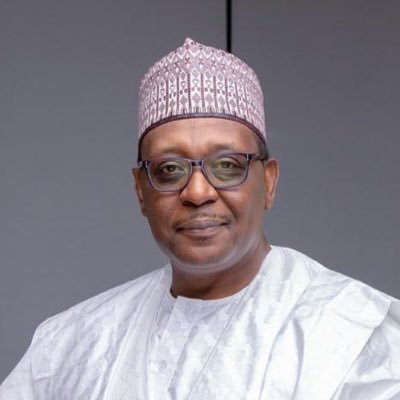


THE newly established advisory board on malaria elimination and a ministerial task force by the Federal Government are a commendable initiative. Yet, it is hard to shake off a sense of déjà vu. Since 2020, there has been a series of ambitious plans and declarations to eradicate this deadly disease, but tangible progress remains elusive.
The statistics paint a grim picture: malaria continues to ravage the population, with Nigeria bearing a disproportionate share of the global burden.
Malaria is a life-threatening disease caused by parasites transmitted to humans through the bites of infected female Anopheles mosquitoes. In Nigeria, it is a constant and deadly presence.
According to the WHO, Nigeria had nearly 67 million malaria cases in 2022, accounting for 27 per cent of the global malaria burden. The country accounted for 31 per cent of global malaria deaths and 38 per cent of deaths in children under five. These are not just numbers; they represent the untold suffering and losses experienced by families nationwide.
The human and economic toll of malaria is staggering. It leads to high mortality and morbidity rates, significant loss of work hours, and substantial out-of-pocket expenses for families. Moreover, the government invests heavily in treatments and interventions, straining already limited resources.
Despite being preventable and treatable, malaria remains a major challenge. The past few years have seen a parade of initiatives, each promising to entrench a malaria-free Nigeria. In 2020, the National Malaria Elimination Programme launched the ‘Malaria Control to Malaria Elimination’ campaign to reduce malaria prevalence to less than 10 per cent by 2025.
In 2022, the government announced innovative tools such as the malaria vaccine and insecticide-treated nets to bolster the fight against malaria. The year 2023 saw the introduction of the ‘Zero Malaria Starts with Me’ campaign, a grassroots initiative aimed at engaging communities in malaria prevention efforts.
While these initiatives are laudable on paper, the reality on the ground tells a different story. Despite the flurry of plans and campaigns, malaria cases and deaths remain alarmingly high. The gap between policy and practice, between talk and action, is still too wide.
Undoubtedly, Nigeria needs concrete, sustained action to tackle the disease. This requires a multi-faceted approach that addresses the root causes of malaria and leverages the strengths of various stakeholders.
First, there is an urgent need to strengthen the healthcare infrastructure. Many Nigerians still lack access to basic healthcare services, particularly in rural areas. Investing in healthcare facilities, ensuring the availability of diagnostic tools and treatments, and training healthcare workers are critical steps in making malaria prevention and treatment accessible to all.
Second, the government must prioritise community engagement and education. The success of any malaria elimination effort depends on the active participation of the communities most affected by the disease. This means not only distributing ITNs and promoting their use but also educating people about the importance of early diagnosis and treatment. Community health workers play a vital role in this regard and should be supported and empowered to carry out their work effectively.
Third, addressing the environmental factors that contribute to the spread of malaria is essential. Poor sanitation, stagnant water, and inadequate housing are breeding grounds for mosquitoes.
While Nigeria struggles with malaria, there are success stories from other African countries to learn from. Algeria and Mauritius have successfully eliminated malaria, demonstrating that it is indeed possible.
The fight against malaria cannot be won by the government alone. The private sector and development partners have a crucial role to play.
It is imperative to move beyond rhetoric and focus on action. The newly established advisory board and ministerial task force on malaria elimination must translate their mandates into measurable outcomes. This means setting clear targets, establishing accountability mechanisms, and regularly monitoring and evaluating progress.